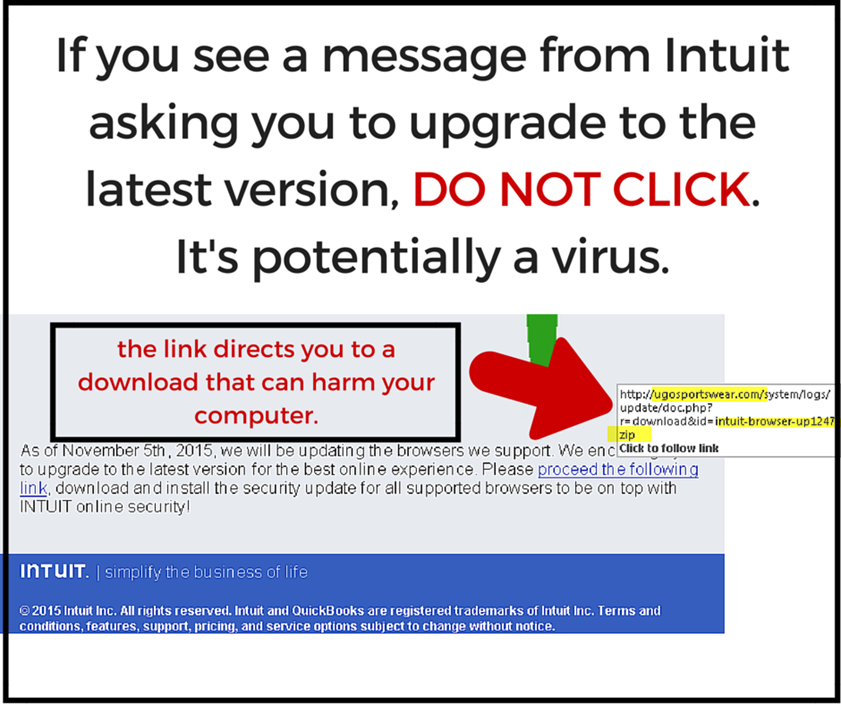1 min read
SCOPE: Powering the Future of Clinical Research
Meet Veristat at SCOPE: Powering the Future of Clinical Research February 2-5, 2026
🔬 Advancing Clinical Research with...
When was the last time your company made you change the password to your company computer? It was probably 30 days ago. When was the last time you changed the password to your personal computer? What about the password to your bank account? In 2013, Forbes published an article revealing that over 30,000 websites get hacked every single day. Needless to say, it's probably time to reevaluate how secure your information is. Vincent Hughes, Director of Information Services at Veristat, was kind enough to provide some excellent tips about computer security.
There are a few simple steps that everyone can take to increase their level of security on their computers, tablets, and mobile phones.
You've heard it a million times before, but it's worth saying again: Use a secure password. 3.3 million passwords were leaked during the year 2014. This number is so high because people make it easy. According to a study conducted by SplashData, the most commonly used passwords in the U.S. and U.K. include gems such as '123456', 'qwerty', 'dragon', and 'football'. It is pretty easy to create a strong password. Just avoid using words found in the dictionary. Instead, use a combination of eight or more upper and lower case letters, numbers, and symbols.
Internet browsers always seem so polite and helpful when they ask if you want them to remember your username and password to log into websites. Unfortunately, this convenient option is also a high security risk. Never, ever, use the 'Remember Me' option.
To take your password security up a notch, change your internet browser settings so that the cookies are cleared every time you close the browser. Then, actually close your browser every time you are done using it.
Lastly, don't forget to change your passwords from time to time. Most people have not changed their bank password in over five years, and use the same password for multiple accounts. Ideally, you should change your passwords every month. If this seems like too much for you, try doing it at least once a year.
Unless you have a photographic memory, you will probably need help keeping track of your usernames and passwords, since you have stopped using the 'Remember Me' function on your favorite websites and are now clearing your cookies every time you close your browser. You can keep track of all of your passwords in an encrypted Excel spreadsheet, or you can use a password vaulting app. I recommend the app LastPass. The free version comes highly recommend by CNET, PC Magazine, and end users. It will even auto-generate passwords for you if you are having trouble coming up with one that is secure.
Make sure that you have an antivirus installed on all of your devices. Double check that it is an antivirus that is valid and decent. CNET and PC Magazine are both great places to visit for trusted reviews on antivirus applications and software.
Require a password in order to access all of your devices: computers, tablets, and mobile phones.
Don't open emails from people you don't know, no matter how interesting the subject line is.
Don't ever open an attachment from someone you don't know.
Make sure that any links in an email are valid, not phishing links. To do this, hover over the link with your mouse and look at the URL that is listed in the pop-up box. Make sure it is the same URL as the website that it advertises. Here is an example of a phishing link:

Minimize the impact if you get hacked despite putting security measures in place. Backup your data so that it can be restored if the worst does happen. The cloud is fine for backing up, and if you can encrypt then that is even better.
1 min read
Nov 20, 2025 Veristat Events
🔬 Advancing Clinical Research with...
1 min read
Oct 22, 2025 Veristat Events
Veristat is excited to attend the ASH Annual Meeting and...